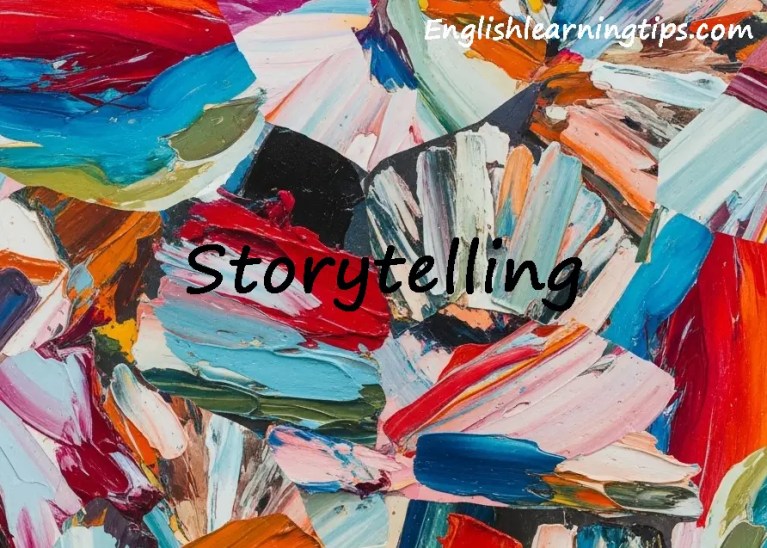Common colloquialisms in British English
British English is a treasure trove of quirky phrases and cheeky expressions that can leave outsiders both charmed and baffled. From the bustling streets of London to the cozy pubs of Yorkshire, colloquialisms are the heartbeat of everyday conversation, dripping with humor, history, and a dash of British wit. In this article, we’ll dive into 20 common British slang terms that you might overhear in a chippy or a lively footy match. Whether you’re a Brit looking to brush up on your lingo or a curious visitor wanting to blend in, these phrases will give you a proper taste of the UK’s linguistic flair.
Common British English colloquialisms
Cheers: This is a versatile one! It can mean “thank you,” “goodbye,” or it’s something you say when you raise a glass for a toast. It is also used in American English.
Bloke: A common word for a man. “He’s a nice bloke.”
Lass: A word for a girl or young woman, more common in northern England and Scotland.
Gutted: To be extremely disappointed. “I was absolutely gutted when we lost the match.”
Chuffed: Very pleased or satisfied. “She was chuffed to bits with her present.”
Knackered: Very tired. “I’m absolutely knackered after that long walk.”
Skive off: To avoid work or school without permission. “He decided to skive off and go to the pub.”
Dodgy: Suspicious, unreliable, or of poor quality. “That car looks a bit dodgy.”
Quid: The informal word for one pound sterling (£). “That will be ten quid, please.”
Rubbish: Nonsense or something of poor quality. “Don’t talk such rubbish!” or “This food is rubbish.” This phrase is occasionally used in American English as well.
Taking the mickey (out of someone): To tease or make fun of someone in a playful way. “They were taking the mickey out of his new haircut.”
Gobsmacked: Utterly astonished or surprised. “I was gobsmacked when I heard the news.”
Bits and bobs: Small miscellaneous items. “I need to pick up a few bits and bobs from the shop.”
Full of beans: Lively and energetic. “The kids are full of beans this morning.”
A cuppa: A cup of tea. “Fancy a cuppa?”
Nosh: Food. “Let’s grab some nosh.”
Miffed: Slightly annoyed or offended. “She seemed a bit miffed by his comment.”
Sorted: Organized, dealt with, or agreed upon. “Everything’s sorted for the party.” This can be heard in the USA as well.
Right then: Often used to indicate the start of something, agreement, or a change of topic. “Right then, let’s get started.” This is also used in American English.
Fancy: To want something or to be attracted to someone. “Do you fancy a drink?” or “He fancies her.”
In conclusion
There you have it—20 cracking British colloquialisms that bring a bit of sparkle to everyday chatter. These phrases are more than just words; they’re a window into the UK’s culture, full of humor and heart. Next time you’re watching a British telly show, sipping tea with a mate, or strolling through a market, keep an ear out for these gems. And who knows? You might find yourself chucking a few into your own conversations. After all, British slang is always evolving, so there’s never a dull moment in this linguistic adventure!
Have you checked out the article, “20 common colloquialisms in American English“? Remember, sometimes cultures blend. What is used in one country could very well be used in another.
Learn more:
- 20 common colloquialisms in American English
- Common colloquialisms in Irish English
- Common colloquialisms in Scottish English
Discover more from English Learning Tips
Subscribe to get the latest posts sent to your email.








2 Comments
Comments are closed.